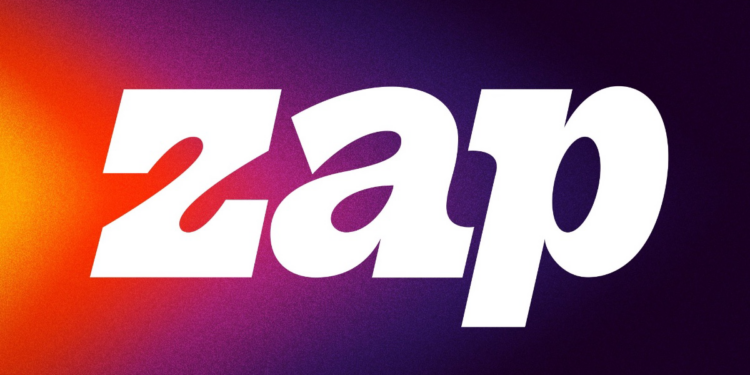With the growing scrutiny over its newly launched consumer product, Zap by Paystack, the African fintech company has clarified that Zap is not a remittance app. The company issued the clarification after reports surfaced alleging that Paystack may have launched Zap without securing an International Money Transfer Operator (IMTO) license from the Central Bank of Nigeria (CBN).
Why the Clarification Was Necessary
Zap allows users to make quick and secure transfers to Nigerian bank accounts, even funding them with foreign-issued bank cards. This functionality led many to assume that Zap was offering cross-border remittance services , a heavily regulated activity.
But Paystack insists otherwise. According to the company, Zap facilitates local card transactions, not remittances. While users may see similarities to remittance apps, the backend operations are different, involving local card processing, not bank-to-bank international transfers.
“Zap is built entirely on existing, CBN-approved infrastructure. Since it doesn’t introduce a new category of service, it does not require a separate license,” the company said in a statement to Condia.
Read Also:
Paystack Rejects Zap Africa’s Trademark Claims, Issues Legal Notice
Paystack’s ‘Zap’ Launch Triggers Legal Threats from Zap Africa Over Product Trademark
How Zap Actually Works
To demystify its operations, Paystack shared a step-by-step breakdown of Zap transactions, particularly when a user pays via Apple Pay:
- The user selects Apple Pay as a payment method.
- Apple Pay generates a tokenised (secure) version of the card.
- The card payment is processed locally in Nigeria via Paystack’s licensed switching and processing infrastructure.
- If the card is foreign, FX conversion occurs via the cardholder’s issuing bank and card network (e.g. Visa or Mastercard).
- Paystack receives and settles the transaction in Naira to a Nigerian bank account.
From Paystack’s side, the process is identical to how international cards are accepted at a restaurant POS or a Paystack-powered e-commerce checkout in Nigeria.
Why Zap Isn’t Classified as a Remittance Service
Remittance services use bank-to-bank international transfer rails, triggering regulatory obligations like IMTO licensing. Zap, however, works entirely on card network rails, which are governed by card schemes and international payment processors, not by international remittance regulations.
A source at the company dismissed the report’s premise, saying it “reflects a fundamental misunderstanding of how both Apple Pay and remittance infrastructure work.” They clarified that transactions are card-based and settled locally in Naira, not cross-border remittances requiring IMTO licensing.
Validation from Industry Experts
Fintech experts interviewed by Condia confirmed Paystack’s claims, noting that card-based transactions, even when funded by foreign-issued cards are not classified as remittances. These transactions rely on digital payment infrastructure and do not constitute money transfers between financial institutions.
Therefore, Paystack’s existing licensing as a Switching and Processing provider by the CBN is sufficient for Zap’s operations.
Paystack’s Regulatory Position
Paystack emphasized that prior to Zap’s launch, it proactively engaged the CBN, outlined its approach, and continues to maintain open communication with the regulator.
Responding to earlier reports questioning regulatory approval, Paystack issued a formal clarification:
“Zap is built entirely on existing, CBN-approved infrastructure. Since it doesn’t introduce a new category of service, it does not require a separate license. However, in line with best practices, we proactively engaged the CBN ahead of Zap’s launch, shared details of our approach, and remain in close communication with the regulator as the product evolves.”
Implications for Fintech Regulation in Nigeria
The clarification highlights growing regulatory complexity in Nigeria’s fintech space, especially as products like Zap blend local and international capabilities. It also reaffirms the importance of understanding the infrastructure behind consumer-facing innovations.
At its core, Zap by Paystack is not facilitating remittances, but it’s enabling seamless, secure card payments processed locally. That distinction may define how fintechs position their products in a space where speed, clarity, and compliance are non-negotiable.















Comments 1